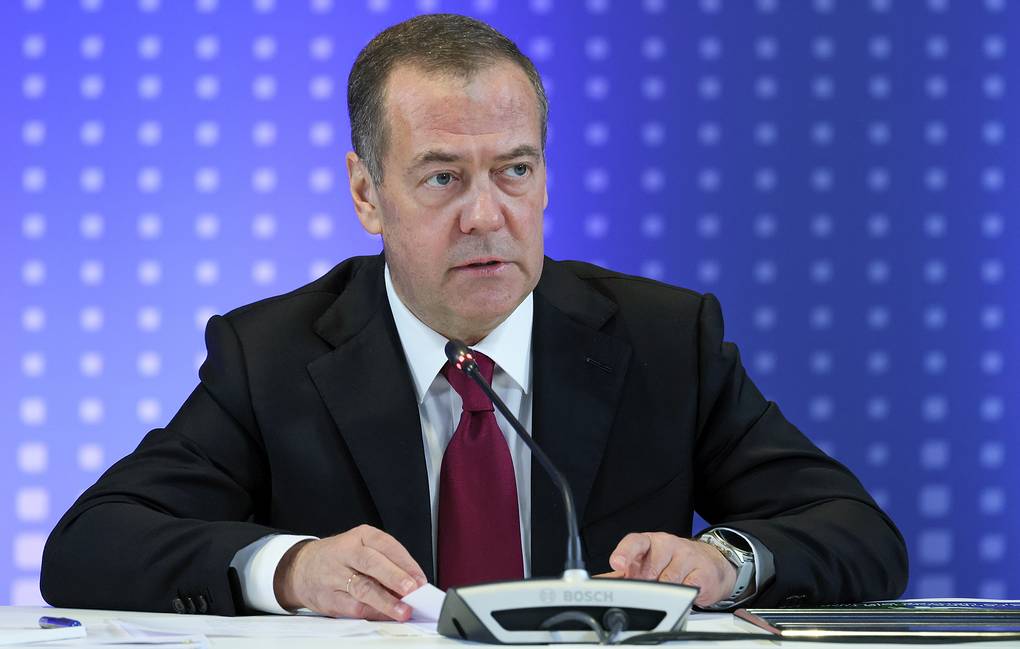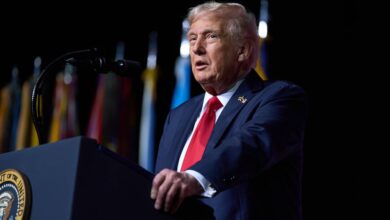Medvedev comments on US aggression on Venezuela, double standards in use by Europe to TASS
According to the senior Russian security official, Washington no longer has the formal right to criticize Moscow for any actions Deputy Chairman of Russian Security Council Dmitry Medvedev
Deputy Chairman of Russian Security Council Dmitry Medvedev
MOSCOW, January 4. /TASS/. Deputy Chairman of the Russian Security Council Dmitry Medvedev described the United States’ actions against Venezuela, including the seizure of leader Nicolas Maduro, as aggression and a breach of international law.
According to the senior Russian security official, Washington no longer has the formal right to criticize Moscow for any actions.
TASS has compiled key takeaways from Medvedev’s comments on the US operation in Venezuela in response to its questions.
True US purpose
Venezuelan President Nicolas Maduro "has repeatedly said that the current US administration’s true purpose is to grab their oil and other fossils," Medvedev recalled. "And [US President Donald] Trump makes no secret of that," he noted.
Medvedev denounced the US actions against Venezuela as aggression and called them unlawful.
However, he said, the US leader has been somewhat consistent in his actions. "He and his team have been rigidly defending his country’s national interests, both political (with Latin America being the backyard of the United States) and economic (give us your oil and other natural resources)," the Russian politician noted.
Europe’s reaction
Medvedev described European countries’ reaction to the events in Venezuela as a classic case of using double standards.
Doubts of Maduro’s legitimacy, voiced by Europe, "do not hold water," he argued.
He advised Ukraine’s Vladimir Zelensky not to relax as he argued that Zelensky, whose presidential powers expired long ago, could be removed from office "very soon."
UN mechanisms
As regards the United Nations, the global organization does not have effective mechanisms to tackle situations as the US aggression on Venezuela, according to Medvedev.
Meanwhile, he continued, the world needs real and effective mechanisms as part of international law that could guarantee a calm, safe and decent life to billions of people on Earth. Fundamental UN documents "have basically remained good intentions the road to hell is paved with," Medvedev lamented.
Implications of US aggression
The events in Venezuela showed that not a single country disliked by the United States can feel safe, "especially Denmark and Danish-owned Greenland," Medvedev opined.
The seizure of Maduro will also add to the hatred that Latin America harbors toward the United States, Medvedev said.
Besides, Washington might as well repeat the Venezuela scenario in Ukraine, he concluded.

